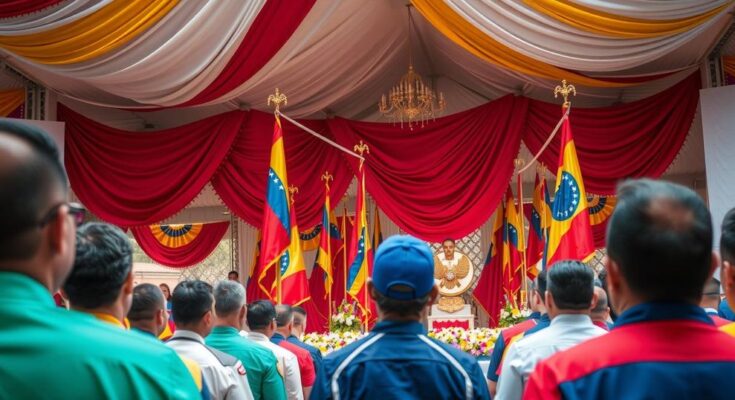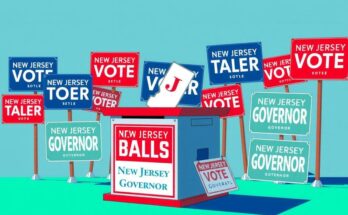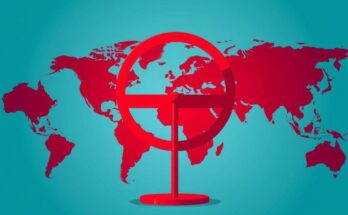Nicolás Maduro is set to be inaugurated as President of Venezuela today, lacking significant international recognition or official electoral validation. Meanwhile, opposition candidate Edmundo González claims he will return to Venezuela to assert his presidency based on compelling electoral evidence of victory. The political environment is tense, marked by government crackdowns on dissent and the threat of unrest.
Nicolás Maduro is poised to be inaugurated as President of Venezuela today, yet the ceremony lacks significant international presence and official electoral validation. Despite persistent calls from the international community for electoral proof over the past six months, Maduro has not provided the requisite documentation. On the contrary, Edmundo González, the opposition candidate who claims significant electoral backing, has announced his intent to return to Venezuela and assert his presidency.
Maduro’s inauguration takes place amid heightened security and a government increasingly paranoid about external threats, including potential invasions. Plans have been instituted to close land borders, ramping up militarization in the face of unrest. As Maduro prepares for his swearing-in, he does so under the shadow of perceived electoral fraud.
Simultaneously, the attention of many rests on González, who has presented verified electoral records indicating a sweeping victory across all Venezuelan states. González maintains that he will enter the country today and take an oath of office, raising speculation whether he may drive change in a suffocating political environment.
However, recent developments highlight the intensity of the situation—opposition activists, journalists, and even family members of González have faced harassment and detainment by police ahead of this event. Following his earlier exile, González has been asserting his stance against the Maduro administration, claiming coercion forced him into prior agreements acknowledging Maduro’s supposed electoral success.
Today’s inauguration is fortified by a peculiar display of authority, illustrated by drone showcases meant to exalt Maduro against a backdrop of international skepticism, with only a few delegations attending. Clashes between Chavista supporters and the opposition further mar the prospects of stability on this significant day in Venezuela. The political climate remains tumultuous with calls for unity against perceived oppression, particularly from notable opposition leaders who have faced persecution.
As the situation unfolds, the political future of Venezuela hangs precariously in the balance, underpinned by the defiance of the opposition and the government’s uncompromising grip on power.
The political landscape in Venezuela has been marred by allegations of electoral fraud and authoritarian governance under Nicolás Maduro’s regime. Following a controversial election that has attracted international scrutiny, Maduro’s administration faces significant dissent from the opposition, notably expressed through the candidacy of Edmundo González. The absence of verified electoral records has intensified calls for legitimacy, as González and his supporters assert the need for accountability and democratic principles to be honored in Venezuela. The involvement of international observers and geopolitical players underscores the complexity of the situation, as Maduro continues to wield power despite a fragmented national consensus. Tensions have escalated with the government’s strategic militarization and suppression of dissenting voices, framing the context for Maduro’s upcoming inauguration and illustrating the precarious balance of power in the country.
As Nicolás Maduro prepares for his inauguration amidst allegations of electoral fraud, Edmundo González emerges as a critical figure representing the opposition’s defiance against tyranny. The international community’s demand for accountability remains unmet, fostering a climate of unrest and dissent. With increasing militarization and political persecution, the inauguration day highlights the tensions that persist in Venezuela, indicating that the road ahead for both Maduro and González is fraught with uncertainty and conflict as they navigate their opposing visions for the nation.
Original Source: english.elpais.com




